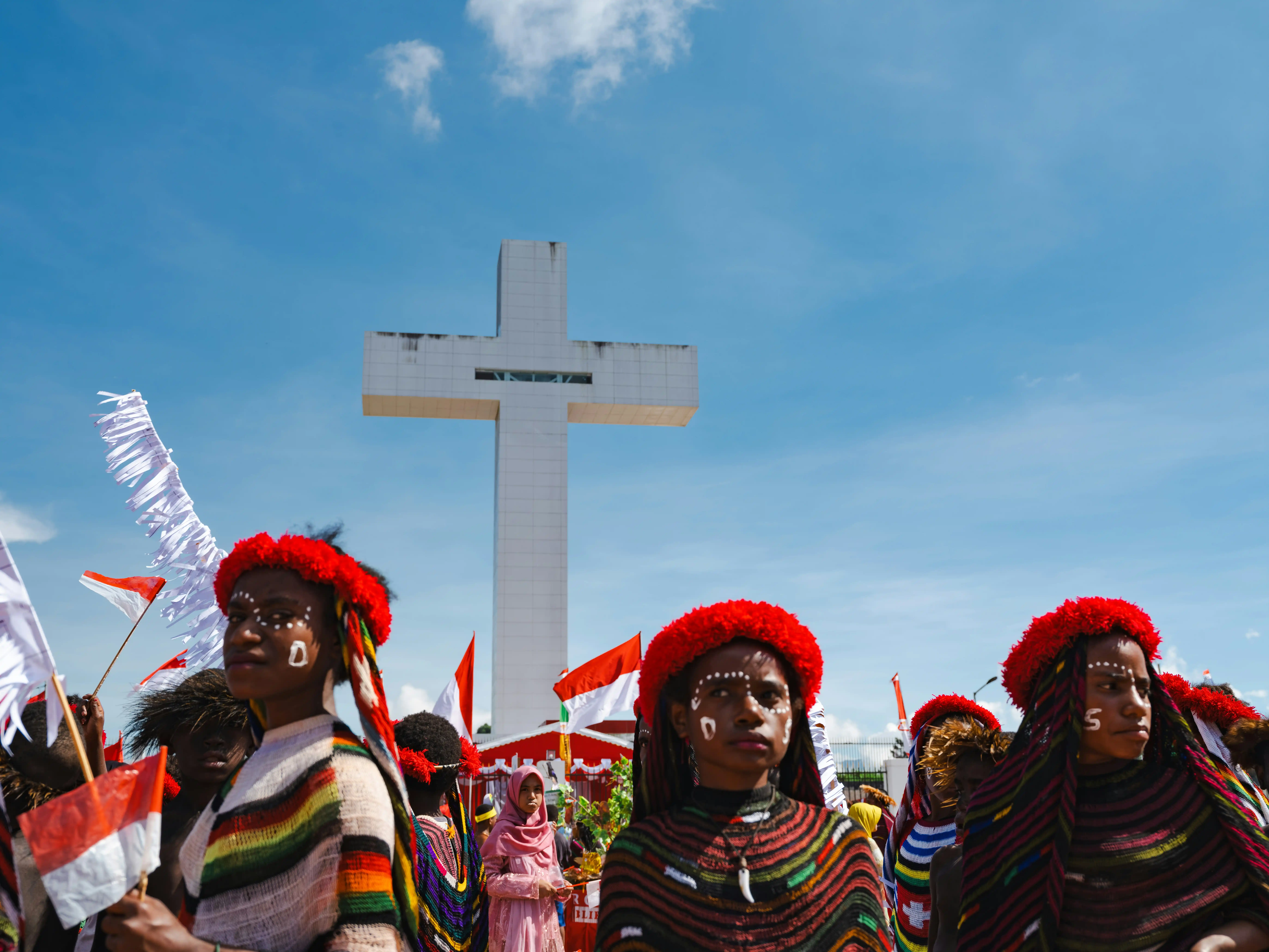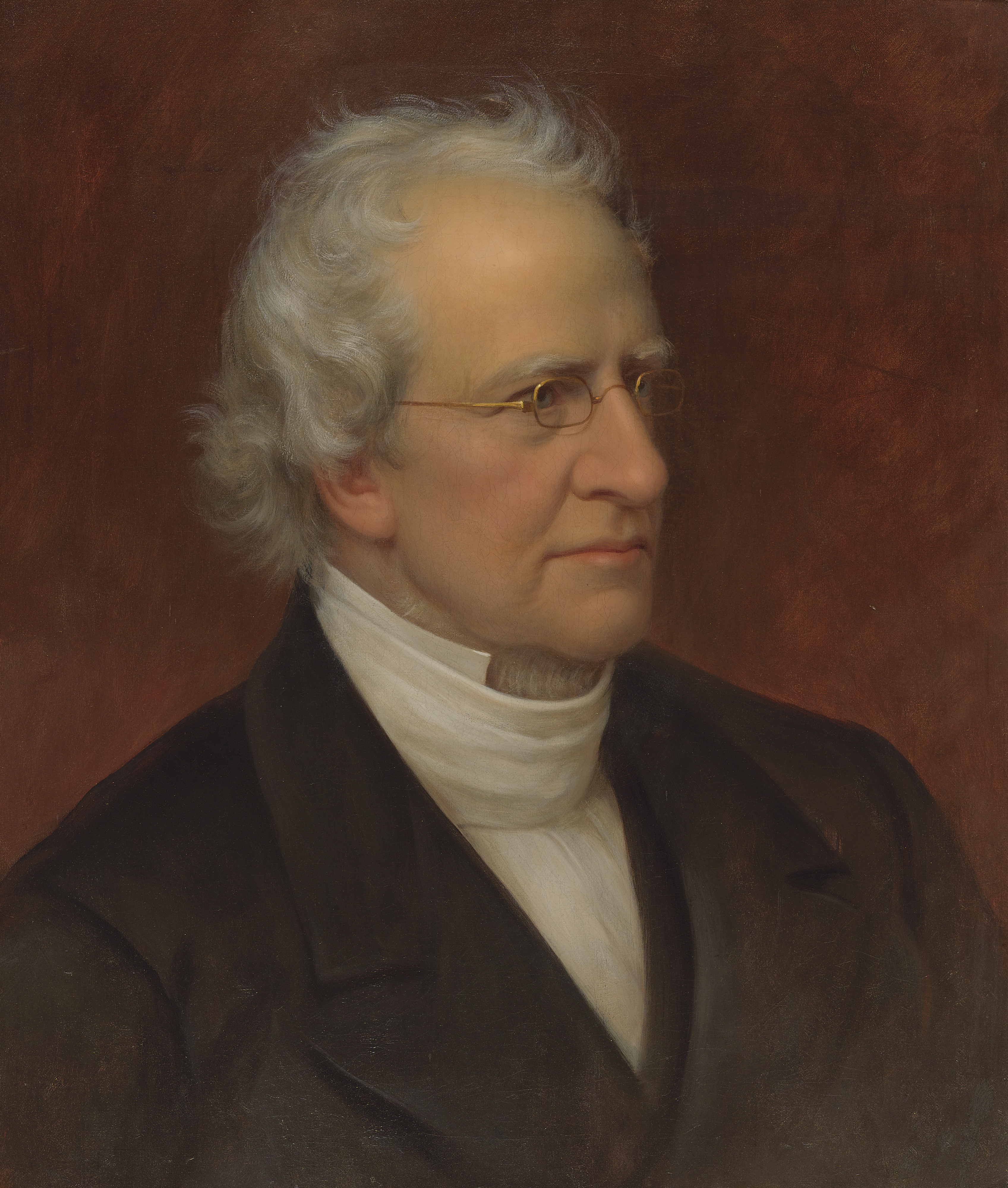Introduction
The book How Africa Shaped The Christian Mind by Thomas C. Oden argues that Africa played a pivotal role in shaping early Christianity, challenging the notion that Christianity is a European import to the continent. The author highlights the intellectual and cultural contributions of African cities like Alexandria and Carthage, which were centers of Christian thought, literature, and doctrine long before Europe’s dominance. This review summarizes the book’s main arguments, reflects on its content, defends its positions, offers critiques, and raises discussion questions, emphasizing Africa’s foundational role in global Christianity.
Summary of Main Issues
Africa as a Christian Intellectual Hub
The book underscores the significance of African cities—Alexandria, Carthage, and Axum—in early Christianity. Alexandria, linked to the apostle Mark, was a leading center for literature, religion, and learning, surpassing Rome and Antioch for nearly three centuries. Carthage produced influential figures like Tertullian, Augustine, and Cyprian, whose works shaped Christian theology. The proximity of Carthage to Europe facilitated the transmission of African ideas to France, Spain, Italy, and Greece.
Early Christian Presence in Africa
Oden argues that Christianity appeared in Africa as early as the 40s or 50s A.D., predating the commonly cited 180 A.D. The See of Alexandria, rooted in Mark’s apostleship, led both Western and Eastern Christian traditions, shaping ecumenical consensus in doctrine, exegesis, and liturgy. African Christianity, including Axumite Christianity, predates many African traditional religions, challenging their perceived primacy.
Africa’s Role in Christian Identity
The book addresses the debate over Christianity’s place in African identity, refuting the idea that it is alien to Africa. Africa is home to biblical figures like Moses, Apollos of Alexandria, Simon of Cyrene, and the Ethiopian eunuch, as well as church fathers like Athanasius and Augustine. Christianity’s African roots are supported by African texts and a history spanning over two millennia.
Seven Ways Africa Shaped Christianity
Oden outlines seven key contributions of African thought to global Christianity:
- Origin of Universities: The Alexandrian library inspired the concept of universities, with Clement’s methods shaping medieval education.
- Christian Exegesis: Origen, Didymus the Blind, and Augustine developed scriptural interpretation methods, influencing global hermeneutics.
- Christian Dogma: Tertullian, Cyprian, Athanasius, and Augustine shaped Christology and Trinitarian theology, with battles against heresies like Arianism fought in Africa.
- Ecumenical Decision-Making: Cyprian’s conciliar methods in Africa influenced universal church councils.
- Monasticism: Egyptian, Libyan, and Numidian deserts birthed monasticism, influencing European traditions like Benedictine monasticism.
- Christian Neo-Platonism: African thinkers like Philo, Ammonius Saccas, and Plotinus developed Neo-Platonism, which spread to Athens and Rome.
- Rhetorical and Dialectical Methods: Augustine’s advanced rhetorical and dialectical techniques, originating in Carthage, influenced Latin traditions.
Reaction to the Book
Oden’s work is a compelling defense of Africa’s central role in early Christianity, correcting Eurocentric narratives. It highlights the intellectual prowess of African church fathers and the continent’s contributions to doctrine, exegesis, and monasticism, affirming Christianity as an integral part of African heritage.
Defense of the Book’s Position
The book’s argument that Africa shaped Christian thought is well-supported by historical evidence, including the contributions of Alexandrian and Carthaginian scholars. By emphasizing Africa’s pre-colonial Christian tradition, Oden challenges misconceptions and validates the continent’s intellectual legacy in global Christianity.
Reflections on the Issues
African Christian Identity
The book’s emphasis on Christianity’s deep roots in Africa reframes it as a native tradition, countering perceptions of it as a Western imposition. This perspective empowers African Christians to reclaim their theological heritage.
Economic and Social Contexts
While the book focuses on intellectual contributions, it could further explore the economic and social factors, such as trade along the Nile and Mediterranean, that facilitated the spread of African Christian ideas.
Theological Implications
The book’s discussion of African contributions to Trinitarian and Christological doctrines highlights the need for contemporary African theology to build on this legacy, addressing modern challenges like syncretism and Pentecostalism.
Critique
While Oden’s arguments are robust, the book could provide more detail on the interaction between African Christianity and indigenous African religions, such as Nilotic or Bantu traditions. Additionally, the discussion of African traditional religions as “later” than Christianity oversimplifies their historical development. The book also lacks a deeper exploration of spiritism, Pentecostalism, and contemporary African theological movements, which are critical to understanding the evolution of African Christianity.
Discussion Questions
- How does the book’s portrayal of African Christianity challenge Eurocentric views of Christian history?
- What are the differences between African traditional religions and African Christianity in terms of spiritual practices, such as spiritism or mediation?
- How do historical African contributions to Christian dogma inform contemporary African theology?
- Are practices like praying to the Holy Spirit or speaking in tongues normative in African Christianity, and what is their exegetical basis?
- How do African theological approaches, such as animistic or communal frameworks, differ from Western individualistic models?




